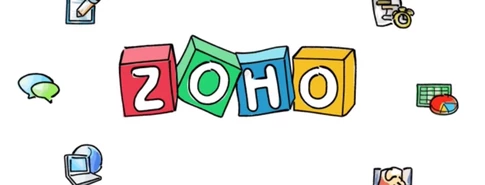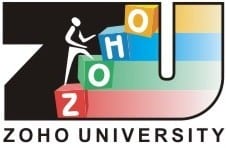Zoho has announced the successful completion of a decade of its in-house university — Zoho University (ZU). Started in 2005, with six students and two teachers, who taught three subjects, ZU has trained more than 300 students over the last decade. Most of the ZU graduates are now Zoho employees.
The university selects high school students from government schools in Chennai and neighbouring cities based on a series of aptitude tests and interviews. The selected candidates are trained for 18 months — this includes a six-month internship within the organisation — in Maths, Computer Science and English. The students are paid a monthly stipend while they undergo training. The curriculum is regularly revised to ensure that the course is up to date with the latest technological developments, and the students are taught to deal with real challenges faced by developers to prepare them for a career as a software engineer.
ZU follows a flipped-classroom model for teaching and has one campus in Chennai and another in Tenkasi. Over the next 10 years, Zoho expects to have about 35-50% of its workforce from ZU.
All about breaking rules
Zoho is known for breaking rules since its inception, and Zoho University is no exception:
- Employability– In its general sense, employability is a person’s capability to gain and maintain employment. Hundreds and thousands of students are armed with degrees of their choice, giving them that ‘edge’. The irony is that, according to NASSCOM, over 90% of the graduates and 75% engineers are unemployable. The reason for this gap, according to Zoho, is the ‘specialization’ aspect; college education limits mind from going above and beyond the set curriculum -– this is the curse of context-free knowledge. Zoho believes that
- Credentialism – The gap between the relevance of a person’s college degree and his/her role in a company seems to be growing wider by the minute. Zoho had conducted a study among its employees in 2004 on ‘how useful was your college education’, and more than 60% thought it was a massive waste of time. This resonates with Zoho CEO Sridhar Vembu’s belief that “you don’t need a degree to code”; hence, an academic record does not matter as much as one would think it does.
- Interviewing – Interviews produce static snapshots of the dynamic beings that people are; two hours of drilling a person with the toughest of questions is not going to help one identify the right talent for the right task. Contrary to traditional belief, word of mouth has worked well for Zoho. The company believes that its employees help identify the right talent for the right tasks. It keeps all possible easy doors open for people to showcase their capabilities and believes that everyone has talent; spotting skills is a skill by itself!
Commenting on the occasion, ZU Dean, Prof. B Rajendran said, “I’m proud to have been part of the Zoho University since its inception. After watching 300-odd students pass through its doors, I can say with confidence that nothing— whether it be lack of a formal degree or financial background— can stop you from achieving what you want.”
“Zoho University recognizes that the desire to learn is in every mind and gives opportunities to bring the best out in everybody. Many of the students had not even seen a computer before joining, and yet, within months, they were writing code. Several of our alumni have had a stellar growth in the company. This goes on to show that with proper guidance and training, coupled with the right environment, anyone can scale great heights.”













Zoho university is growing fast as compare others